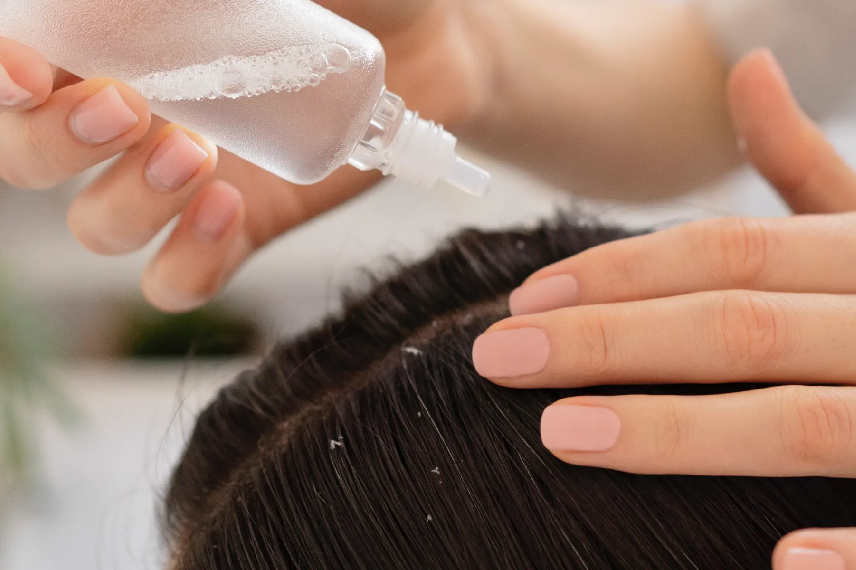
Dandruff is a scalp condition characterized by flaking and sometimes itchiness. It can be caused by various factors, including skin conditions, lifestyle habits, and fungal growth. Effective treatment involves targeted care, prevention, and maintaining scalp health.
Dandruff treatment not only focuses on controlling the visible symptoms but also targets the underlying causes of the condition to achieve long-lasting relief. In some cases, dandruff may be exacerbated by factors such as stress, hormonal fluctuations, or environmental changes, which can affect the scalp's natural balance. Along with the use of medicated shampoos, regular cleansing and maintaining a balanced scalp microbiome are key to preventing dandruff flare-ups. Scalp treatments, such as soothing oils and serums, can also help to alleviate dryness and irritation, which often contribute to the itching and flaking associated with dandruff. Natural remedies, including tea tree oil and apple cider vinegar, have also gained popularity as adjunct treatments for their anti-fungal and anti-inflammatory properties, helping to reduce the symptoms without harsh chemicals.
For individuals with persistent or severe dandruff, it's important to consult with a Skin and Hair specialist to rule out underlying skin conditions like eczema, psoriasis, or fungal infections. A healthcare professional may recommend prescription-strength treatments, including topical corticosteroids or antifungal creams, to more effectively address chronic dandruff. In some cases, lifestyle adjustments such as reducing stress, improving diet (incorporating more vitamins and minerals like zinc, omega-3 fatty acids, and biotin), and avoiding harsh hair care products can also play a vital role in reducing dandruff. With consistent care and the right treatment regimen, dandruff can be managed, allowing individuals to enjoy a healthier scalp and more vibrant hair.
